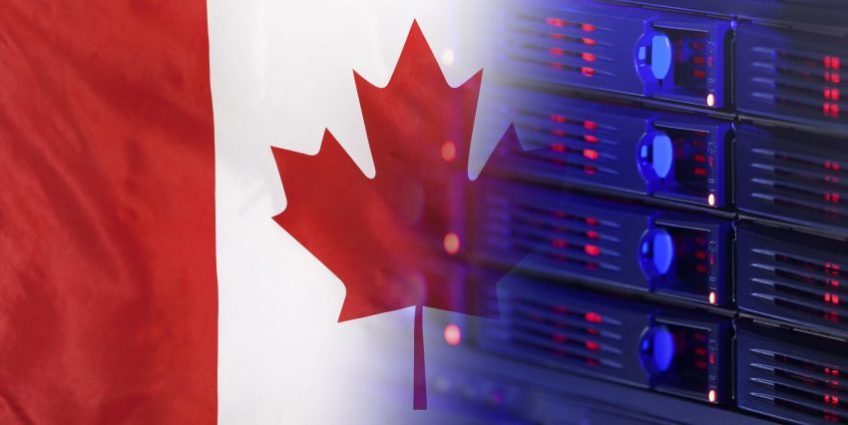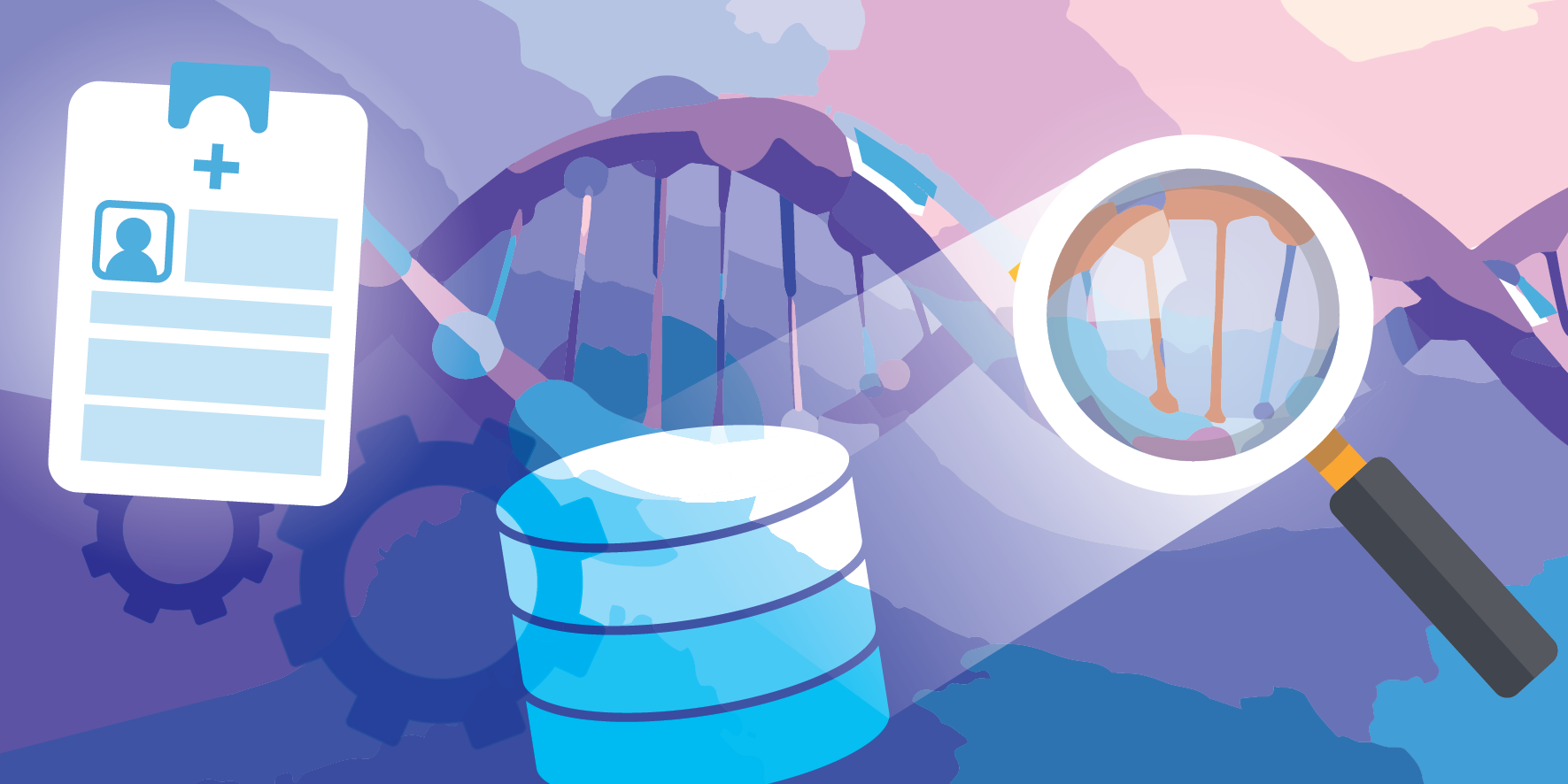About us
Learn how GA4GH helps expand responsible genomic data use to benefit human health.
Learn how GA4GH helps expand responsible genomic data use to benefit human health.
Our Strategic Road Map defines strategies, standards, and policy frameworks to support responsible global use of genomic and related health data.
Discover how a meeting of 50 leaders in genomics and medicine led to an alliance uniting more than 5,000 individuals and organisations to benefit human health.
GA4GH Inc. is a not-for-profit organisation that supports the global GA4GH community.
The GA4GH Council, consisting of the Executive Committee, Strategic Leadership Committee, and Product Steering Committee, guides our collaborative, globe-spanning alliance.
The Funders Forum brings together organisations that offer both financial support and strategic guidance.
The EDI Advisory Group responds to issues raised in the GA4GH community, finding equitable, inclusive ways to build products that benefit diverse groups.
Distributed across a number of Host Institutions, our staff team supports the mission and operations of GA4GH.
Curious who we are? Meet the people and organisations across six continents who make up GA4GH.
More than 500 organisations connected to genomics — in healthcare, research, patient advocacy, industry, and beyond — have signed onto the mission and vision of GA4GH as Organisational Members.
These core Organisational Members are genomic data initiatives that have committed resources to guide GA4GH work and pilot our products.
This subset of Organisational Members whose networks or infrastructure align with GA4GH priorities has made a long-term commitment to engaging with our community.
Local and national organisations assign experts to spend at least 30% of their time building GA4GH products.
Anyone working in genomics and related fields is invited to participate in our inclusive community by creating and using new products.
Wondering what GA4GH does? Learn how we find and overcome challenges to expanding responsible genomic data use for the benefit of human health.
Study Groups define needs. Participants survey the landscape of the genomics and health community and determine whether GA4GH can help.
Work Streams create products. Community members join together to develop technical standards, policy frameworks, and policy tools that overcome hurdles to international genomic data use.
GIF solves problems. Organisations in the forum pilot GA4GH products in real-world situations. Along the way, they troubleshoot products, suggest updates, and flag additional needs.
GIF Projects are community-led initiatives that put GA4GH products into practice in real-world scenarios.
The GIF AMA programme produces events and resources to address implementation questions and challenges.
NIF finds challenges and opportunities in genomics at a global scale. National programmes meet to share best practices, avoid incompatabilities, and help translate genomics into benefits for human health.
Communities of Interest find challenges and opportunities in areas such as rare disease, cancer, and infectious disease. Participants pinpoint real-world problems that would benefit from broad data use.
The Technical Alignment Subcommittee (TASC) supports harmonisation, interoperability, and technical alignment across GA4GH products.
Find out what’s happening with up to the minute meeting schedules for the GA4GH community.
See all our products — always free and open-source. Do you work on cloud genomics, data discovery, user access, data security or regulatory policy and ethics? Need to represent genomic, phenotypic, or clinical data? We’ve got a solution for you.
All GA4GH standards, frameworks, and tools follow the Product Development and Approval Process before being officially adopted.
Learn how other organisations have implemented GA4GH products to solve real-world problems.
Help us transform the future of genomic data use! See how GA4GH can benefit you — whether you’re using our products, writing our standards, subscribing to a newsletter, or more.
Join our community! Explore opportunities to participate in or lead GA4GH activities.
Help create new global standards and frameworks for responsible genomic data use.
Align your organisation with the GA4GH mission and vision.
Want to advance both your career and responsible genomic data sharing at the same time? See our open leadership opportunities.
Join our international team and help us advance genomic data use for the benefit of human health.
Discover current opportunities to engage with GA4GH. Share feedback on our products, apply for volunteer leadership roles, and contribute your expertise to shape the future of genomic data sharing.
Solve real problems by aligning your organisation with the world’s genomics standards. We offer software dvelopers both customisable and out-of-the-box solutions to help you get started.
Learn more about upcoming GA4GH events. See reports and recordings from our past events.
Speak directly to the global genomics and health community while supporting GA4GH strategy.
Be the first to hear about the latest GA4GH products, upcoming meetings, new initiatives, and more.
Questions? We would love to hear from you.
Read news, stories, and insights from the forefront of genomic and clinical data use.
Attend an upcoming GA4GH event, or view meeting reports from past events.
See new projects, updates, and calls for support from the Work Streams.
Read academic papers coauthored by GA4GH contributors.
Listen to our podcast OmicsXchange, featuring discussions from leaders in the world of genomics, health, and data sharing.
Check out our videos, then subscribe to our YouTube channel for more content.
View the latest GA4GH updates, Genomics and Health News, Implementation Notes, GDPR Briefs, and more.
Discover all things GA4GH: explore our news, events, videos, podcasts, announcements, publications, and newsletters.
16 Feb 2018
The Canadian Genomics Cloud, a national cloud-based infrastructure for genomics data sharing, will develop an end-to-end software solution that complies with GA4GH standards from the ground up.

“Genomics will not stop with As, Cs, Ts, and Gs,” says Marc Fiume, Co-Lead of the GA4GH Discovery Work Stream and CEO of DNAStack. “We’re going to have to integrate phenotypic and clinical information and run machine learning to extract insights; physicians will need to make diagnoses and prescribe precision medications; pharma companies will need to use genomics to understand the efficacy of their drugs.”
All of this, Fiume says, requires not just the generation of genomics data, but also the ability to process it in the cloud, connect it to clinical records, and use those discoveries in a systematic way to design a holistic solution for applying genomic medicine in healthcare.
This week DNAstack together with Canada’s Genomics Enterprise (CGEN), fellow GA4GH Member Organizations Google and the Centre of Genomics and Policy, and others launched Canadian Genomics Cloud (CGC): a national cloud-based infrastructure for genomics initiatives to share data across Canada.
The hope, Fiume says, is that the CGC will lay the groundwork for a future national precision medicine initiative by demonstrating the readiness of the Canadian genomics ecosystem to bring together high-powered cloud and sequencing facilities and integrating their systems to enable facile, secure data sharing, discovery, and exchange.
To that end, the CGC will be developing all of its solutions according to GA4GH standards. “The software will build upon a set of principles, many of which are shared by GA4GH. For example, we need to do this at scale and we need data and methods to be shared in the cloud.” Tactically, he says, this will look like a suite of GA4GH and clinical application programming interfaces (API) that work together to allow data to transition from the sequencer to the scientist and ultimately to the clinician.
In particular, the effort will align itself with the standards developed by the GA4GH Cloud and Discovery Work Streams. “We plan to continue to follow the trajectory of those new Work Streams, expecting that it will take about a year for new APIs to be stable and to have mature implementations at CGC.”
As announced earlier this week in the 2018 Strategic Roadmap, the Cloud Work Stream plans to develop a set of cohesive, interoperable APIs for virtually storing, analysing, and sharing data. The Tool Registry Service (TRS), Workflow Execution Service (WES), Data Object Service (DOS), and Task Execution Service (TES) APIs are designed to work together to allow researchers at disparate institutions to bring their analyses to data stored in the cloud rather than transferring these large datasets between institutions or around the globe.
The result, says the team, is “highly portable analysis code that ultimately enables ‘FAIR’ science, e.g. findable, accessible, interoperable, and reproducible tools, workflows, and datasets.”
The Discovery Work Stream is also working to make genomics data comply with the “FAIR” principles, however it is focused on developing APIs that make it possible for researchers at one institution to learn about data at a different institution. Together, the standards put forth by the Discovery Work Stream are intended to enable a global federated network of searchable genomic information.
As part of its mandate, the CGC will enable a national directory of shared data, which will build upon the standards of the Discovery Work Stream. “We’re keen to establish a mechanism for researchers to share data to make it analysable in different organizations,” said Fiume. “Data from Toronto should be analysable in Vancouver and vice versa. The CGC, built on top of GA4GH standards, will help to better connect scientists to data, tools, and each other, to help realize what we expect to be a watershed moment where these connections power systematic discoveries.” The CGC will also allow for collaboratories of disparate organizations to share data in a way that is both straightforward, secure, and transparent.
